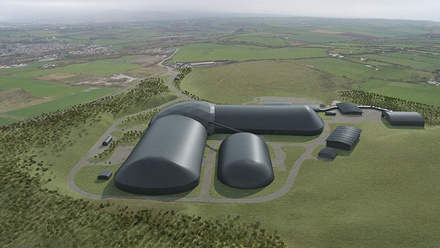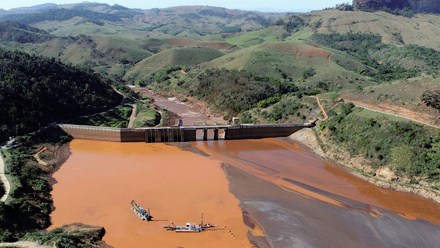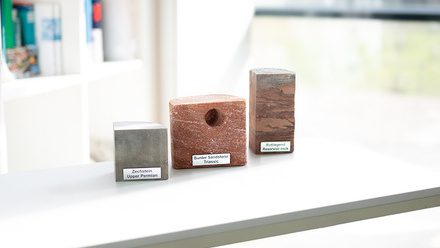Cumbrian coalmine permission questioned
UK Deputy Prime Minister Angela Rayner accepts an ‘error in the law’ in the decision to permit a new coalmine in Cumbria, UK.

Lake Windermere, the largest natural lake in England, in Cumbria, the region where the mine is being proposed.
© Peter Etchells/ShutterstockFollowing the Supreme Court’s decision in Finch v Surrey County Council issued on 20 June 2024, Angela Rayner, the Secretary of State for the renamed Ministry of Housing, Communities & Local Government, has accepted the error in the law and will no longer be defending the claims that granted the decision.
The coalmine had permission granted for the Whitehaven site in Cumbria in the UK.
The court has ruled that emissions from burning fossil fuels must be considered in planning applications for new extraction projects – not just the impacts of the emissions produced in extracting them.
The judgement followed the legal challenge brought by former Surrey resident Sarah Finch, on behalf of the Weald Action Group, supported by Friends of the Earth.
In two legal challenges next week (16-18 July) against the mine by Friends of the Earth and South Lakes Action on Climate Change, the bodies are proposing that the planning permission should be quashed at The Royal Courts of Justice.
If that is agreed by the court, the planning application will go back to the Secretary of State to make a fresh decision.
The previous decision to grant planning permission was issued by then Levelling Up Secretary Michael Gove on 7 December 2022.
A recent Ministry of Housing, Communities & Local Government department statement says, 'As the decision remains subject to ongoing litigation, it would be inappropriate to comment further'.
Friends of the Earth Climate Co-ordinator, Jamie Peters, says, ‘We’re delighted the government agrees that planning permission for this destructive, polluting and unnecessary coal mine was unlawfully granted and that it should be quashed. We hope the court agrees, and that the mine is then rejected when the Secretary of State reconsiders the application.
‘The new government must now ensure that areas like West Cumbria get the jobs and investment they urgently need so that people living there can reap the benefits of building a clean, green and affordable future.’








